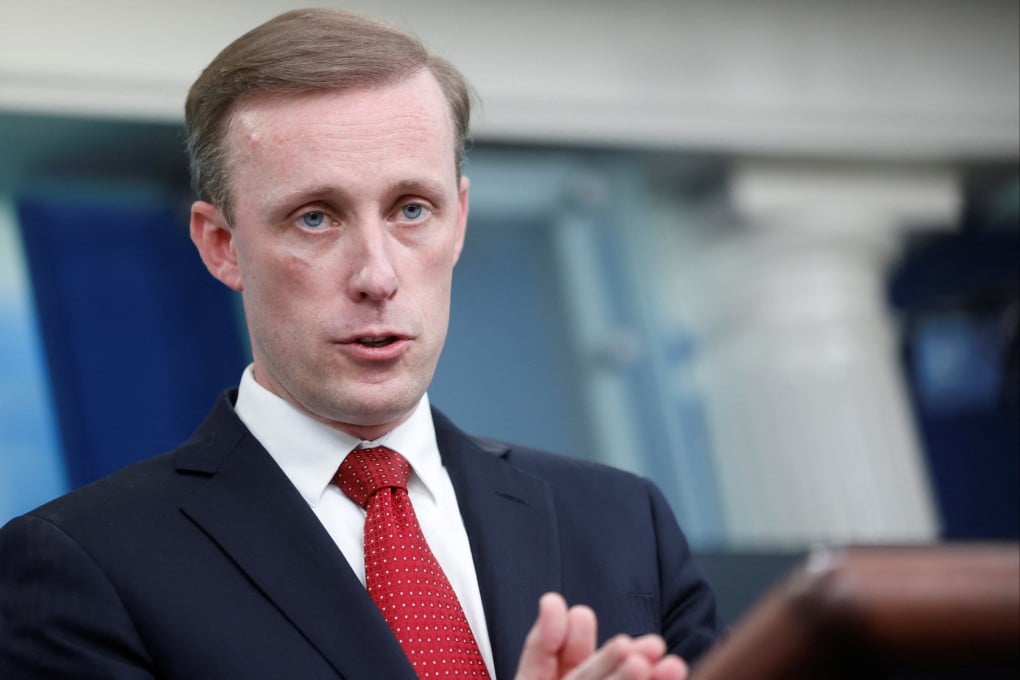Advertisement
US national security strategy calls competition with China its ‘most consequential geopolitical challenge’
- American cooperation with Nato, G7 and ‘like-minded democracies’ to form core of post-Cold War strategy, says top Biden adviser
- Guidance declares competition between democracies and autocracies a priority along with transnational challenges
Reading Time:6 minutes
Why you can trust SCMP
66

US President Joe Biden’s administration identified major-power competition with China as the “most consequential geopolitical challenge” facing America in a post-Cold War era as it unveiled its long-awaited national security strategy on Wednesday.
Invoking much of the rhetoric Biden administration officials have used since taking office last year, the guidance puts America’s national security priorities into two broad categories: competition between democracies and autocracies, and shared – or transnational – challenges, with climate change foremost among them.
“China harbours the intention and, increasingly, the capacity to reshape the international order in favour of one that tilts the global playing field to its benefit,” Biden said in the document’s introduction. “Russia’s brutal and unprovoked war on its neighbour Ukraine has shattered peace in Europe and impacted stability everywhere.”
Advertisement
“Autocrats are working overtime to undermine democracy and export a model of governance marked by repression at home and coercion abroad,” he added.
National Security Adviser Jake Sullivan, speaking hours after the strategy’s official release, declared that the “post-Cold War era is over”.
Advertisement
“The competition is under way between the major powers to shape what comes next,” he said in a speech at Georgetown University.
Advertisement
Select Voice
Select Speed
1.00x